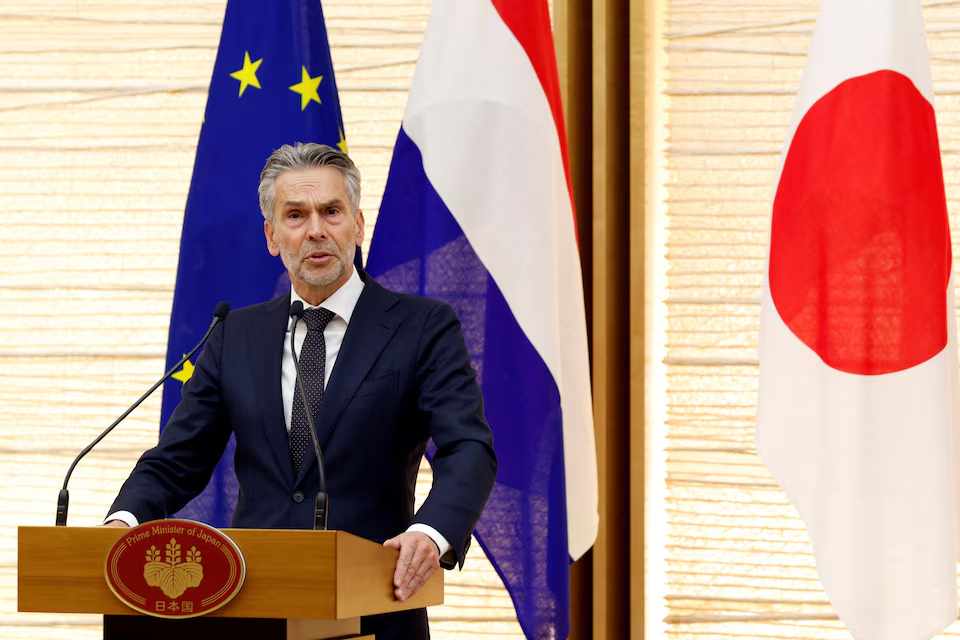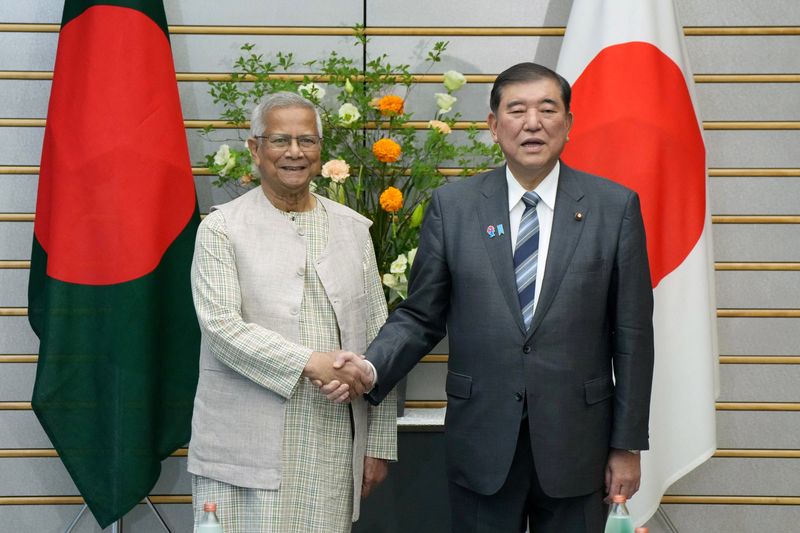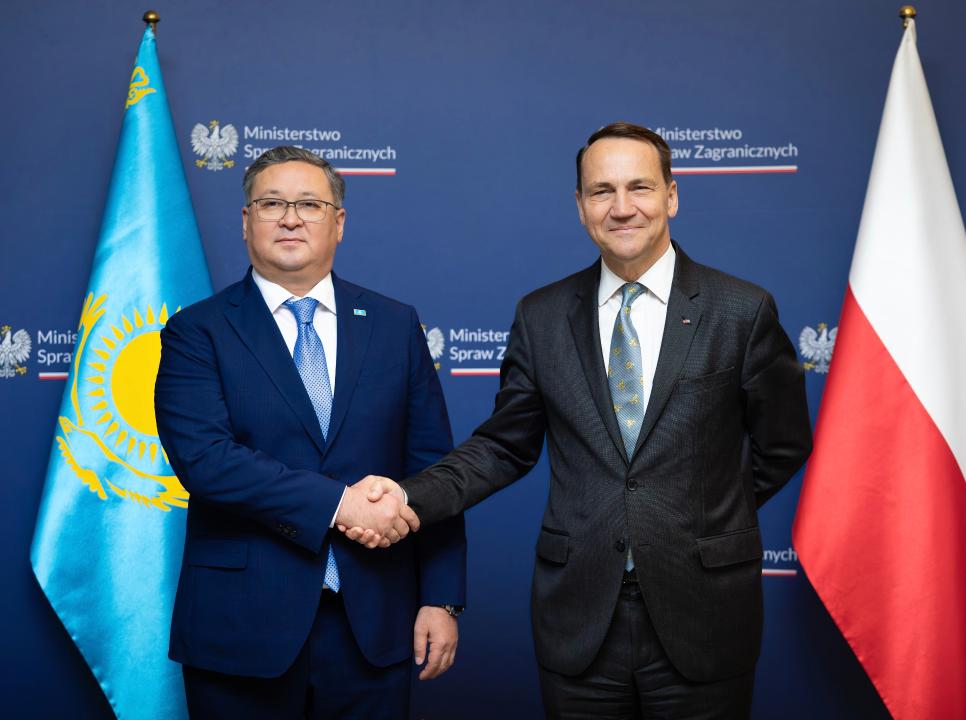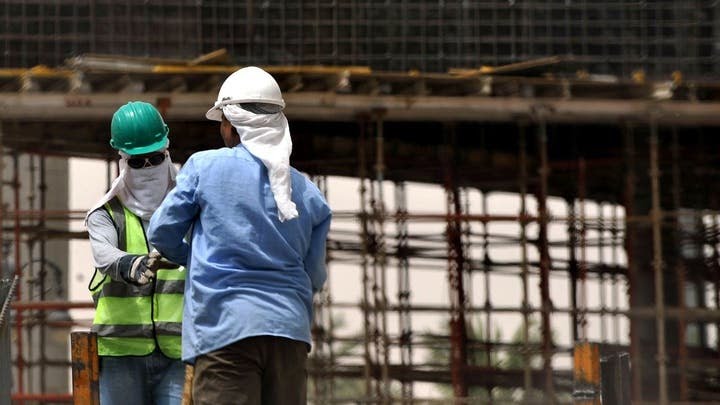Dick Schoof, the newly designated prime minister of the Netherlands, appeared before parliament on Tuesday seeking support for his appointment and defending his candidacy amid criticism over transparency and the abrupt collapse of the country’s coalition talks. The seasoned former intelligence and justice official aims to lead a crisis government after months of political uncertainty.
Schoof, a non-partisan civil servant, was tapped by right-wing party leaders to lead a technocratic administration following the breakdown of formal negotiations between the four-party coalition. The alliance includes Geert Wilders’ far-right Freedom Party (PVV), the center-right VVD, the populist New Social Contract (NSC), and the agrarian BBB party.
In his remarks to parliament, Schoof acknowledged that his selection lacked the traditional democratic mandate but said he would govern with transparency and neutrality. “I want to serve the country in a way that promotes stability and trust,” Schoof said, adding that he would uphold the coalition’s agreed policy direction while remaining above party politics.
The announcement of his candidacy last week took many lawmakers and citizens by surprise. Critics from opposition parties and within the coalition itself have voiced concerns that his appointment was made behind closed doors, with limited public input or parliamentary oversight. Some members of the Labour-Green alliance called for a formal debate on the legitimacy of his appointment before endorsing any new cabinet.
Schoof, 67, defended his record as head of the national intelligence agency AIVD and secretary-general at the Ministry of Justice, arguing that his experience in crisis management and security made him well-suited to lead during a politically delicate time. “This is not about ideology, but governance,” he told MPs.
The coalition agreement brokered by the four right-leaning parties aims to pursue stricter immigration controls, reduced burdens on farmers, and significant reforms to public administration. Geert Wilders, whose PVV won the most seats in the November 2023 election, ultimately agreed not to take the premiership himself in order to preserve unity within the alliance.
Schoof’s designation is part of an effort to install a neutral figure who can implement the coalition’s policies without provoking backlash or further division. However, his connection to the security establishment has also raised alarms among civil society groups who fear increased surveillance or authoritarian drift.
Tuesday’s session was not a formal vote of confidence, but it gave lawmakers an opportunity to question Schoof directly. Many praised his professionalism but questioned whether he could remain politically impartial in such a polarized environment. He promised regular updates to parliament and vowed to make decisions based on collective cabinet responsibility rather than personal views.
The Netherlands has been in political limbo since outgoing Prime Minister Mark Rutte’s government collapsed in July 2023 over migration policy disagreements. Since then, attempts to form a lasting coalition have been complicated by ideological differences and public mistrust in traditional parties.
Despite the turbulence, opinion polls suggest there is broad public support for a more pragmatic, non-partisan approach to governance. Schoof’s reputation as a competent administrator may help reassure voters fatigued by political infighting.
Still, his government faces challenges from the outset. Issues such as asylum reform, climate policy, and EU relations remain deeply divisive. Some parties, particularly on the left, are expected to scrutinize every move made by the new cabinet once it is formed.
Schoof is expected to present a full list of cabinet members in the coming days. If successfully installed, his administration would be tasked with implementing the coalition agenda while preparing for long-term reforms. Observers say the success of his tenure will depend on whether he can deliver results without deepening the country’s political rifts.
Source; Reuters



